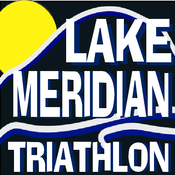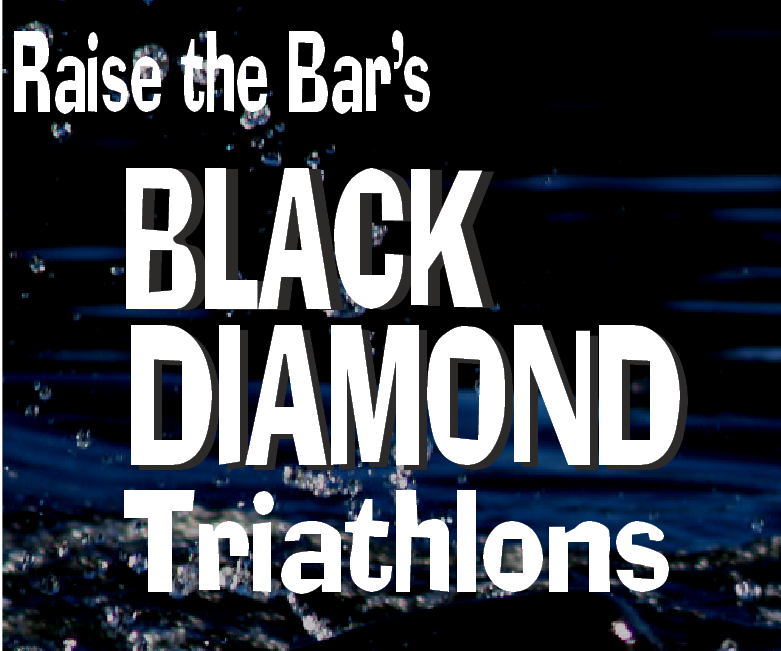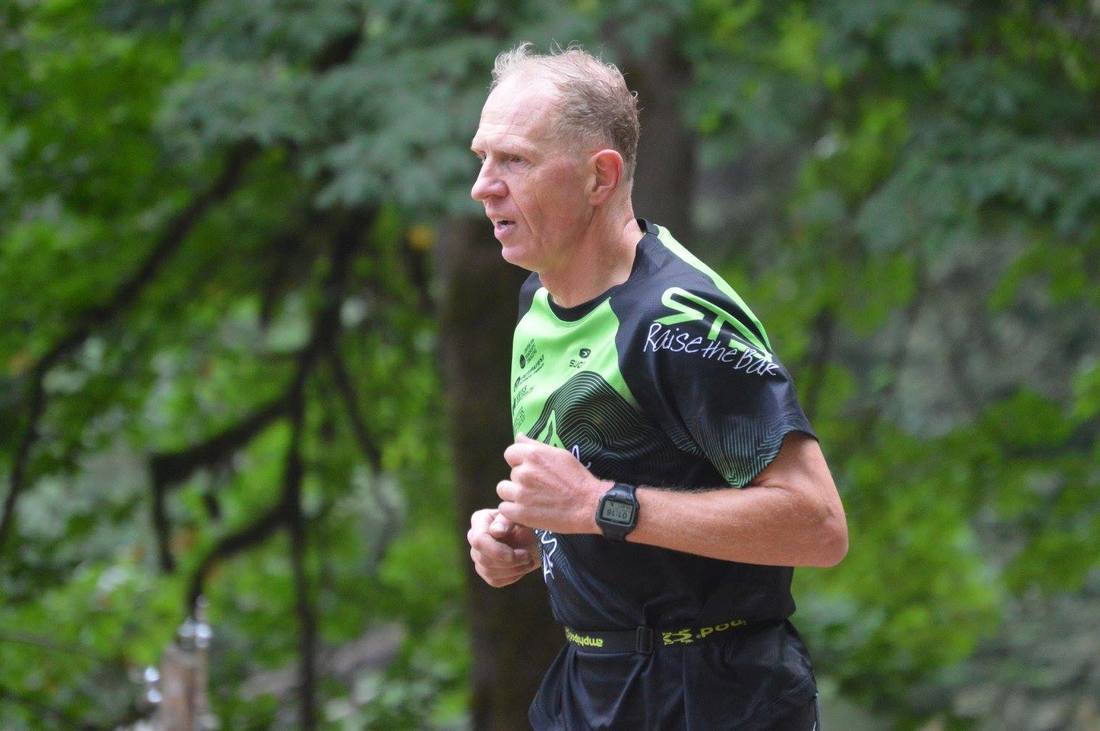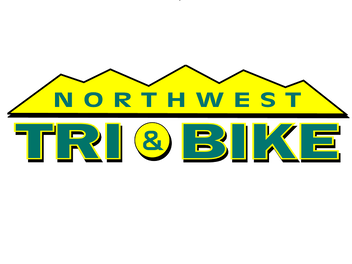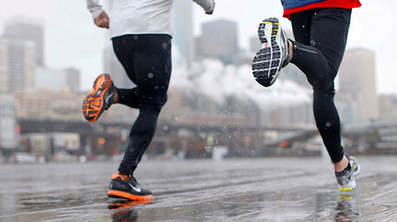 By Holly Pennington, PT, DPT/Outpatient Physical Therapy With each passing year, do you ever wonder if running is still a good idea for your body? When a knee hurts or an ankle is sore, triathletes are quick to blame – or overly protect – running. Among the active population, there is both a prevailing belief that running is bad for the aging body and a fear that health professionals will advise injured middle- and older-aged runners to give it up for good. Is running better for the young? Will the day come when a doctor tells you not to run again? To get to the truth about pounding the pavement throughout the second half of life, let’s explore a few widely accepted beliefs about running after age 40. Older runners are more susceptible to injuries. The one consistent finding in research about aging runners is that the benefits of running far outweigh the risks. This includes risk of injuries. While a few studies demonstrate a correlation between age and specific injuries such as hamstring tears and Achilles tendinopathies, most research points to little connection between older runners and injuries. The most consistent variable between running and injuries is overuse, and this can occur at any age. Moreover, improved cardiovascular health, stress levels, bone density, and body mass indexes (BMI) as well as reduced risk of diabetes, depression and obesity have all been associated with running. Bottom line: If there is a link between age and running injuries, it is weak and worthwhile, considering the numerous other positive effects that running has on overall health. The risk of developing osteoarthritis (e.g. the need for hip and knee replacements) is higher in runners. While it is true that most hip and knee replacement surgeries are due to osteoarthritis, a recent review of research on over 100,000 participants reported only a 3% higher incidence of osteoarthritis in elite runners than in the sedentary population. Elite runners were defined as those who run more than 57 miles per week. Interestingly, recreational runners had a much lower incidence of arthritis (3.5%) compared to the sedentary population (10.2%). According to the research, moderate running will not harm your hip and knee joints. In fact, it may help them! Aging muscles are too weak for running. Sarcopenia, the generalized loss of muscle mass that occurs naturally with aging, typically begins around age 40. During this process, the ratio of type I (endurance) muscle fibers to type II (strength) changes so that the percentage of type I fibers is higher than that of type II. This is why muscles get smaller and weaker with age. However, muscles are responsive to resistance training throughout the life span, and placing appropriate demands on them will increase strength and size of muscle. The importance of resistance training for runners increases with age, and muscles that are properly strengthened are not too weak for running. Older runners need more days off. Recovery of aging muscles after training is not well understood. Some research points to increased recovery times for older athletes while others conclude there are no age-related differences. Many running experts suggest decreasing the number of training days per week with age, and even advise against running on consecutive days. Because overtraining is the number one predictor of running injuries, older athletes need to pay close attention to stiff and tired joints and muscles. There is a difference between pushing your body to get to the next level and pushing through pain. To keep running for the long-term, listening to your body becomes increasingly important with age. If you are over 40, the truth about running is that you may be able to look forward to another 40 years of lacing up. You may need to change a few things, like your schedule or your mindset, but you no longer have to fear that you are on the road to body ruin if you don’t retire your running shoes.
3 Comments
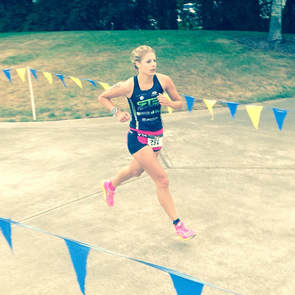 My name is Jesika Johnson. I am a former swimmer turned triathlete. Many people know me as the better half to Nick Johnson. Although I have not raced a full season of triathlon since 2015, due to surgery, pregnancy and postpartum, I am excited to return to the sport this season with full force. Why I Tri? It is a simple question, but when you actually start to think about why you really do something and then have to put it into words it becomes a bit more complicated. The simple answer to this question is that I love the lifestyle this sport provides not only myself, but also my family. The more complicated answer can be found in the question and answers below. Q: When and how did triathlon or multisport become a part of your life? A: Growing up I swam competitively and raced at the national level and in college until some injuries my freshman year of college derailed my swimming career. Once I was done swimming I turned to running and loved it. My dad always would mention how well I would do in triathlon and that I should give one a try, but I just was not interested. I loved how easy just running was and how different it was from my swimming days. Fast forward to 2013 and I started dating Nick, my now husband, and he was heavily involved in triathlon. He convinced me to give one a try in 2014 and the rest is history. 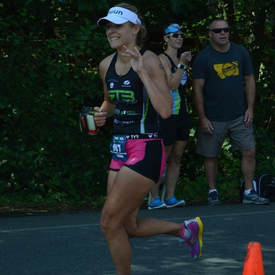 Q: What has been one of your greatest accomplishments as an athlete? A: Prior to triathlon my greatest achievements were in swimming and competing at the national level. It is what all club swimmers strive for each and every day that they are in the pool staring at that black line for hours upon hours. In triathlon I do not think I have reached my full potential. I have only really raced two full seasons (2014 and 2015), but if I had to choose one accomplishment out of these two seasons, I would have to choose racing Lake Stevens 70.3 in 2015, my first and only 70.3 to date. As someone who struggles on the bike, the bike course at this race terrified me. Nick took me to ride the course two weeks prior to the race, so that I would be comfortable on race day and I am not afraid to admit that I cried more than a few times while out on the course that day. Those hills were no joke (3,200ft of climbing- most of it in the last half of the ride)! The day of the race I just wanted to go out and have fun. I tried not too worry too much about the bike. In the end I conquered the race and finished strong (6th in my age group). Making it thru the bike that day gave me the confidence that I needed to get thru any other bike course that I raced. Q: What is the most challenging thing for you to do in triathlon? A: Biking! I love the swim and run, but the bike has always been my challenge. I am starting to learn to like the bike more thanks to early morning trainer rides before the baby wakes, but I feel like my biking will always be a work in progress. Q: What was the scariest thing you have had to do? A: When I first ventured into triathlon, thinking about open water swimming scared me. I do not like not being able to see the bottom and having watched Ironman races on television, I had heard about the swim start being aggressive. I was not quite sure I was ready for that type of swimming. Being a pool swimmer I had never encountered this kind of aggressive swimming before, but to be honest I have not experienced this type of swimming in any triathlon I have entered. Maybe I have escaped this issue because I am a front pack swimmer, but I got over this fear rather quickly. 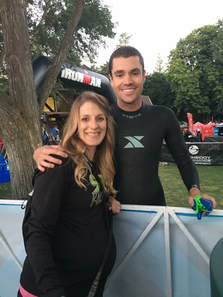 Q: What was the best advice you were ever given? A: If you were to ask my Dad this question he would reply: "Boys are poison," but a boy is what got me into triathlon, so I think he might be wrong. In my mind, the best advice I ever received was from an old swimming coach. He always told me before a race to just go out there and have fun and that if I was having fun then the performances would follow. I truly believe that this is true in triathlon more than any other sport. You have to be able to have fun in training and races, otherwise why do it? Q: Where do you draw your inspiration? A: Watching my husband chase his dream of qualifying for Kona and then getting to see him race in Kona this past October was super inspiring. It really got my triathlon wheels turning, especially after having our first baby, Mae, in September 2017. Knowing that she is watching not only my hard work and dedication, but also Nick's only inspires me more to be a great role model for her. Who knows, maybe one day Mae will choose to follow Nick and I's footsteps and be involved in triathlon as well. 😊 This is Why I Tri! -Jesika |
Raise the BarRace reports, upcoming events, news, and more, from RTB. Archives
September 2023
|
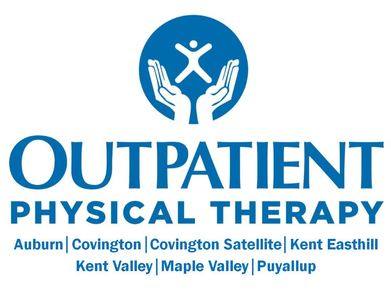
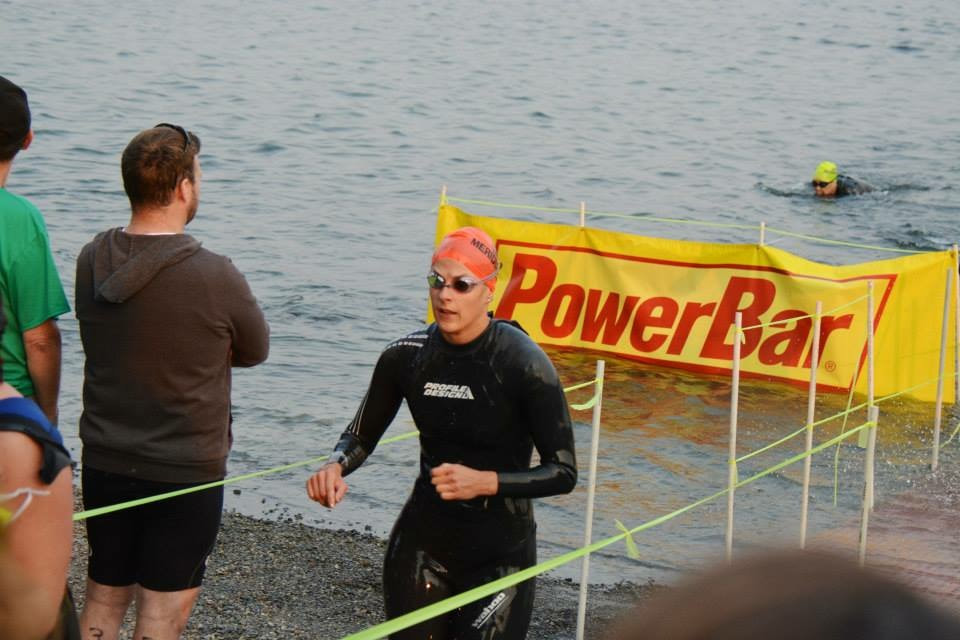
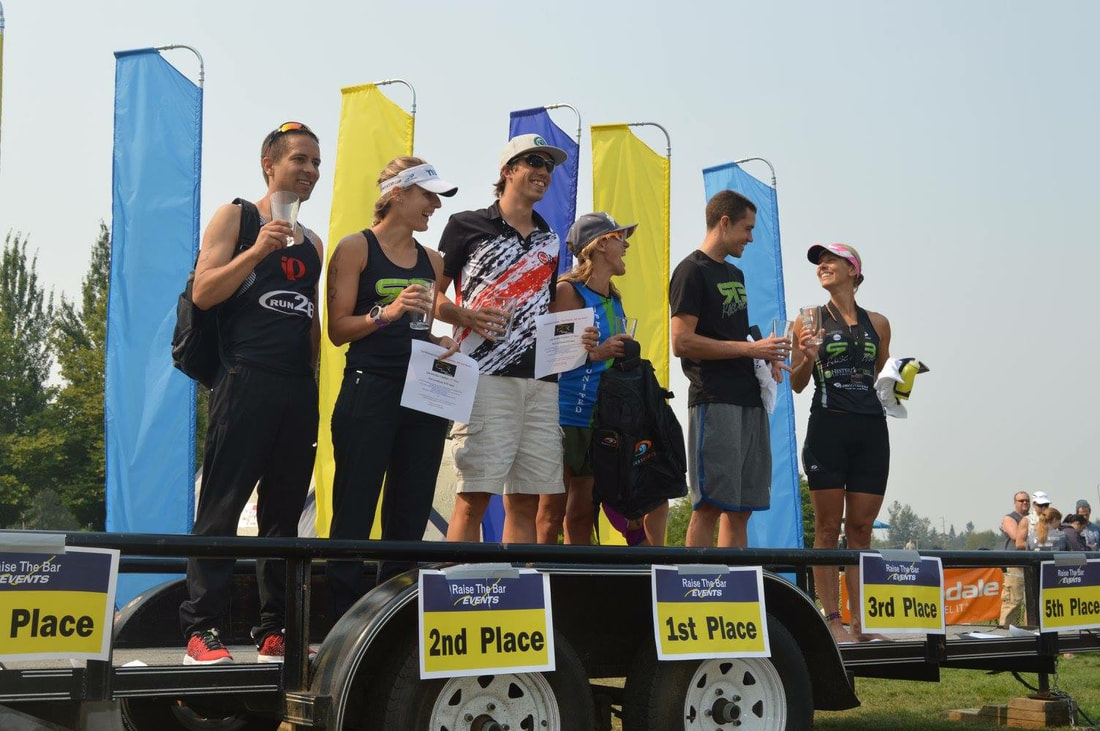
 RSS Feed
RSS Feed
